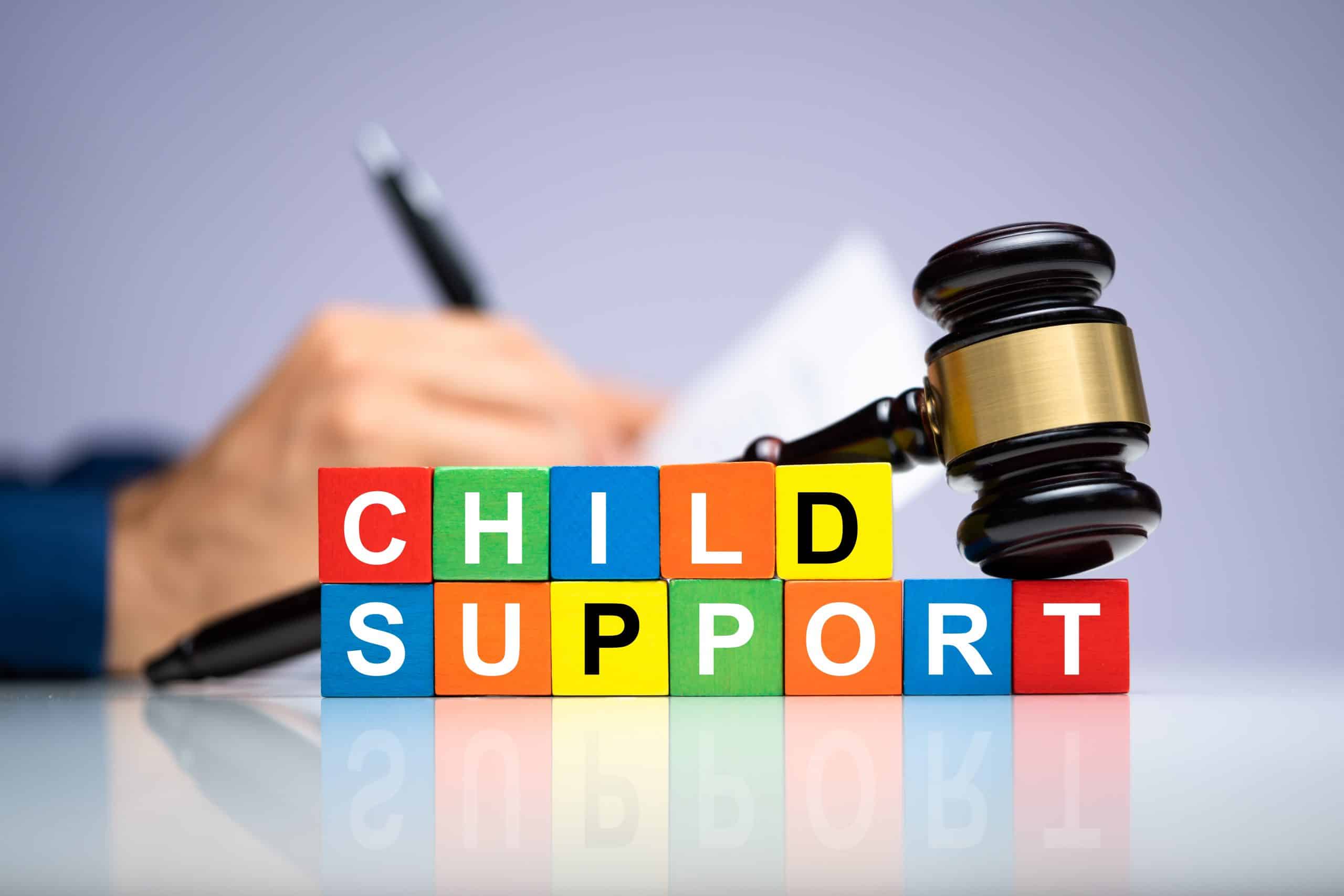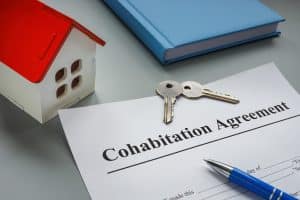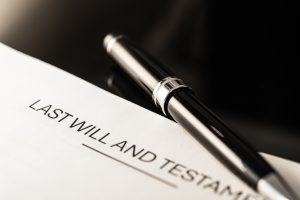A significant concern for separating parties with children is often to ensure that they are financially secure and can meet their children’s expenses.
What is child maintenance?
Child maintenance refers to a sum payable by the parent who does not live with the children to cover some of their expenses. The parent who receives the maintenance payments is considered the “resident parent”; this is the parent who cares for the children most of the time.
It is important to note that child maintenance is payable even if the non-resident parent does not spend any time with their children.
How is child maintenance calculated?
The sum of child maintenance can be agreed directly between parents. There is also a government appointed agency known as The Child Maintenance Service (CMS) who deal with these matters. This body was set up to apply a simplistic formula for calculating payments. It was designed to allow parties to use the formula and agree payments between them wherever possible and ideally not involving the CMS. However, if parents cannot agree the amount of the payments, then they can apply to The CMS for an assessment. The CMS have the power to calculate payments in relation to children who are under the age of 16 or a child who is between the age of 16 – 20 years old, providing that they have not been married or in a civil partnership and they are in full-time non- advanced education.
When The Child Maintenance Service does not have the power to calculate payments
Some examples include:-
- Families living outside of the jurisdiction
- Children at university, the child typically falls outside of the power of the CMS on 31st August, after completing their A-levels
- Payments towards step-children
If the parents divide the care of the children exactly equally then the CMS cannot become involved - If there is an order for child maintenance within a Court Order that was made less than 12 months ago
- If the parents are still living together
If the non-resident parent’s income is more than £156,000 gross per year, then you can apply to the court for additional maintenance.
What income is included in the assessment?
Earned income from employment, self-employment, including dividends and income from property, as well as taxable benefits are all included. However, there are some deductions to include pension contributions that are being made, if the non-resident parent has other children living in their household and if the non-resident parent spends more than 52 nights caring for the children there is a reduction, which goes up in incremental stages up to 175 nights or more.
Do I have to pay child maintenance?
Child maintenance payments are mandatory. If there are problems with payments being received, then the CMS can set up the payment system. However, this is far from ideal because the party receiving the payments receives a deduction and the paying party is charged a 20% handling fee for being in the Pay & Collect Scheme.
Arrears of child maintenance starts to accumulate from the date of the first assessment. Unpaid maintenance can be recovered by the CMS, they can take action by:-
- Instructing bailiffs to attend the non-payers property
- Freeze their bank/ building account
- Request that the Land Registry place a Charging Order against their property
- Force a sale of a property/assets to recover the amount due
The CMS also has further powers to include applying to the court to cancel the non-payer’s driving licence, UK passport and can even apply for a prison sentence of up to 6 weeks.
When there are complexities
Not every case is straightforward. There may be cases where the paying party is not disclosing their full income. In these circumstances the CMS will go to HMRC and get the paying party’s self-assessment tax return and that will clearly show all income to include that from dividends and rental income.
It may be that the paying party is diverting money by deliberately reducing their income. An example could be where they employ their partner through their company and pay them a salary to draw money out that would have usually been paid to them. In these circumstances it is possible to apply to the CMS to show that the party is diverting their income unreasonably. It is necessary to show that the paying party has control over the level of income they are receiving, and they are reducing it unreasonably.
The difficulties can often be proving that the paying party is diverting their income. Even where there have been financial remedy proceedings, there is no automatic right to disclose information from that case to the CMS. It is necessary to have the court’s permission beforehand. Once the income has been proved, the CMS will add back the diverted income and recalculate the assessment.
There are also circumstances when the paying party can apply to decrease the maintenance payments, for example when there are expenses in maintaining contact arrangements with the children. Specifically, the toll charge for crossing bridges can be deducted, if that journey is made to see the children.
Usually the CMS will use income from the party’s last tax return or P60. However, there may be circumstances when current income can be relied upon and that is either where there is no historic income information available OR if the current income is different from historic income by more than 25%. A letter from an accountant is usually sufficient to prove that the current income has changed by that level.
If you are not satisfied with the assessment, there is the option of appealing and eventually going to a tribunal.
There is no doubt that the issue of child maintenance can become very complicated. If we can assist you in addressing any concerns that you have, then please do contact us.




